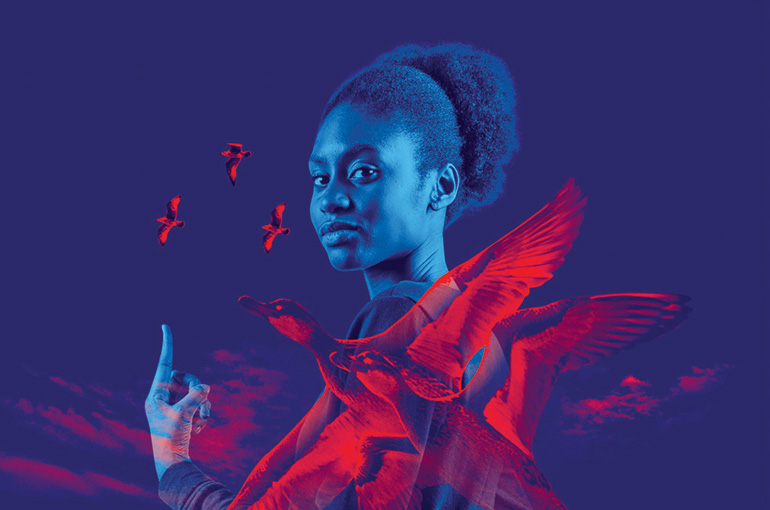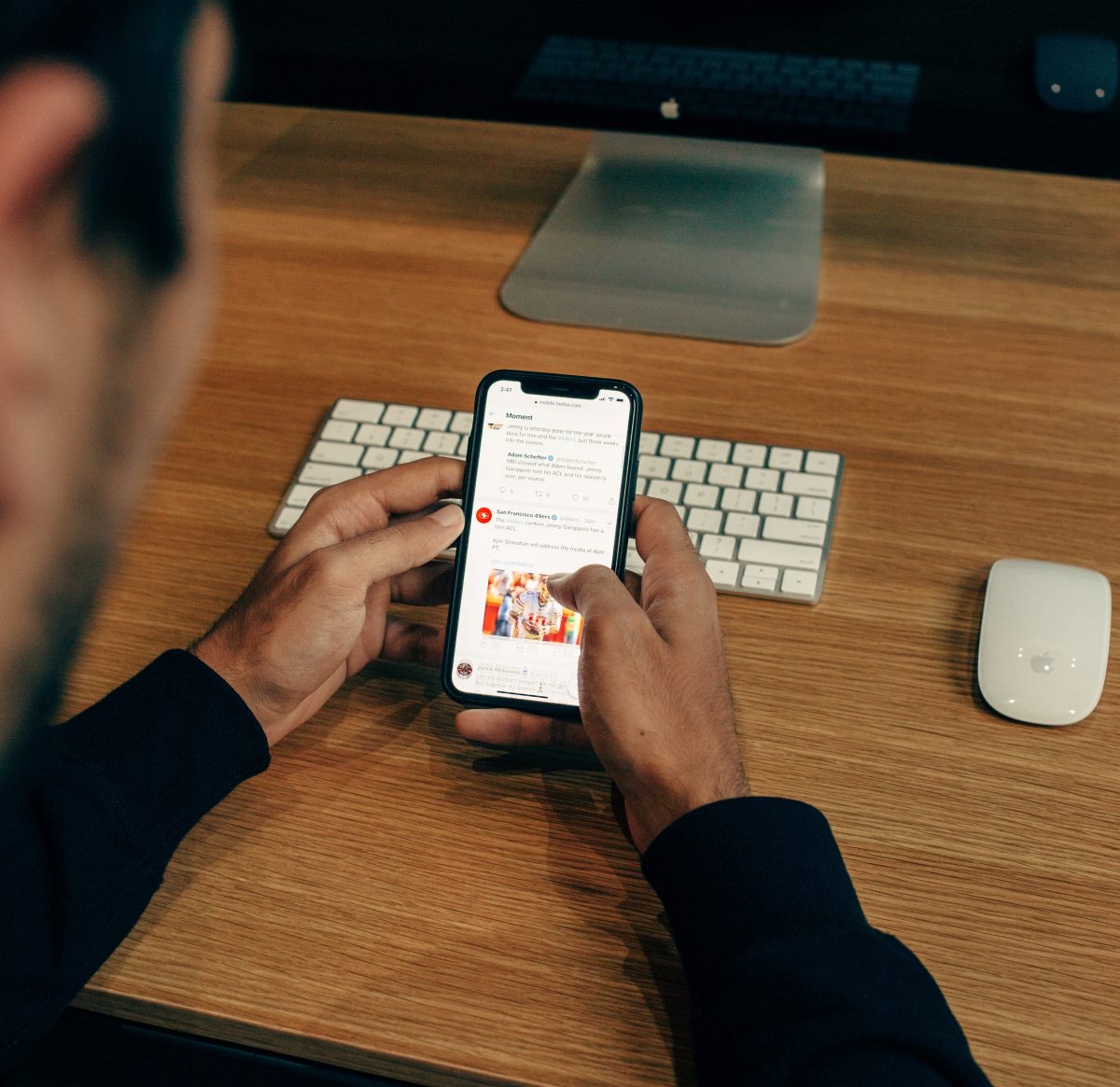From England to China via the United Arab Emirates or Vietnam, EM Normandie asserts its soft power!
Jérôme Buisson. Could you explain the school’s strategy regarding international development?
Elian Pilvin. The international vision has always been in the school’s DNA. However, since 2004 and the creation of the EM Normandie association, it has become the main axis of our development strategy. The first reason for this is that from 2022, the domestic market of “grandes écoles” in France will reach its growth limit and therefore we need to find alternative markets. The second reason is that today, there is a real international market for student mobility.
To assert ourselves in this race where we are competing with over 500 top-level establishments, we have decided to set up our own campuses abroad, and following our launches in Oxford and Dublin, we are looking to set ourselves up in North America. We are also developing partnerships with foreign universities, designing attractive training portfolios which will appeal to the best students, and creating specific programs which will underpin the global presence of EM Normandie more and more each day.
At this level of excellence, higher education uses the quality of its reputation which becomes more and more effective the more visible we are on a global scale. Every French school has an international brand, it is only the brand strategy which differs from one establishment to the next. Out of the top 15 “grandes écoles”, only 6 have made the decision to open campuses abroad.
J.B. Is it correct to say therefore, that this global visibility is not solely the result of opening campuses abroad?
E.P. Absolutely! For the past five years, we have been working with the Vietnamese State on a project called Smart Nation.
With a population of 100 million, Vietnam is aiming to become a leader in e-government and is arming itself with infrastructure to optimise the use of digital tools to drive the country forward. EM Normandie is an official partner in this project, in charge of the Smart Education division, and we are assisting with the implementation of teaching platforms called MOOKEEN, which cover everything from pre-school to higher education. Students can use the platforms to find content specifically linked to their learning and teaching staff can find content for their programs. We also support the Government in improving the skill set of their senior executives in the domestic public sector through training in public finances, land reform, sustainable tourism… Lastly, we help universities to develop their own degree programs.
From a soft power standpoint, it is a win-win relationship: the school shares its expertise with its partners while developing its own know-how and increasing the reach of its reputation. Reputation is fundamental as these projects enable us to promote our programs in other countries. For the past two years in China, we have been developing a DBA program, and since September 2019, an MBA program. We have also signed up to a partnership with a university in Dubai (UAE) to establish degree programs for tourism, logistics etc. A FinTech master program will start in September and other programs will soon be available.
J.B. In your opinion, what makes the soft power of EM Normandie unique?
E.P. We are exporting more than just education. We are sharing our expertise in the specific skill sets which result from the extremely high level of specialisation of our teaching body and focussing on the digital aspects, which is one of the strengths of our school. It is not simply a French education which is being promoted abroad, but a higher-level education which, although it originates in France, has an international calling, crosses borders, meets the specific requirements of our partners and can be adapted to any context. One of the specificities of the soft power of EM Normandie is that we partake in a dialogue with the institutions whose thought processes we are supporting. This dialogue with alternative teaching cultures encourages the creation of strong bonds and, in exchange, it contributes to our approach to our own development model. Today, the school is more international than it has ever been, both as regards its administrative organisation and the teaching body. This is an unprecedented transformation in the history of the school which leans heavily on the international accreditations EQUIS and AACSB which we already hold.
Interview by Jérôme Buisson




